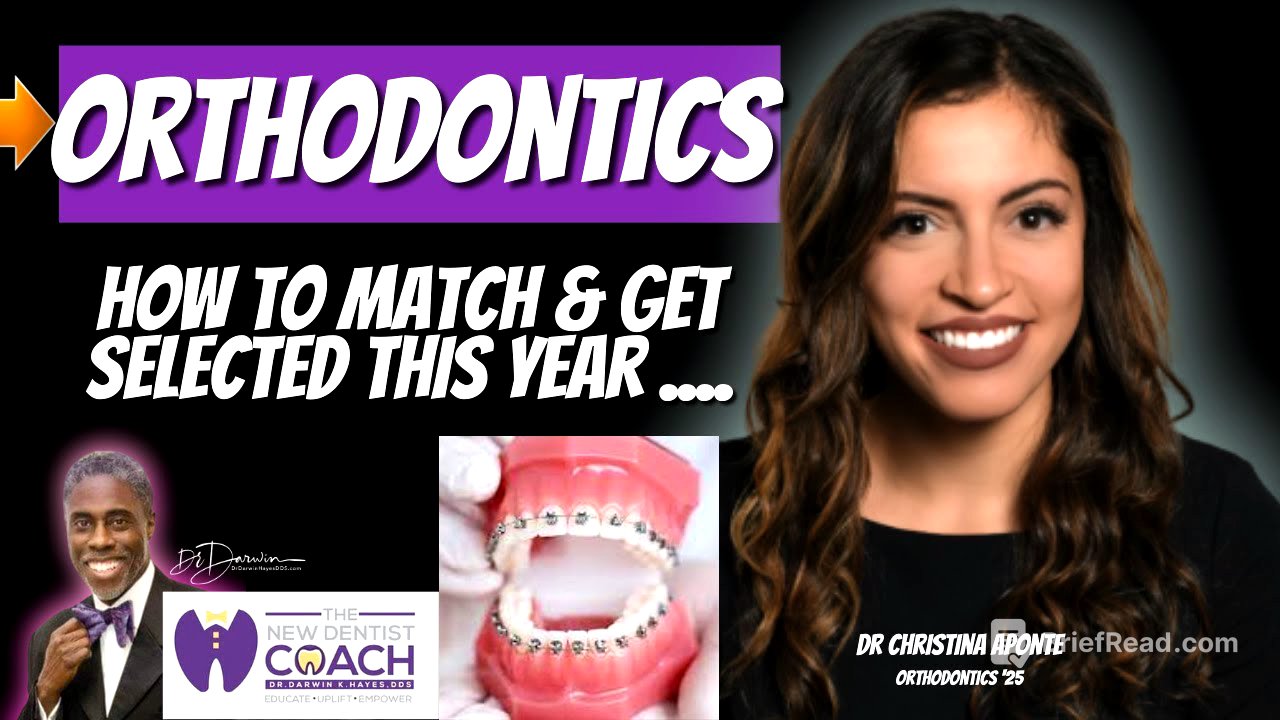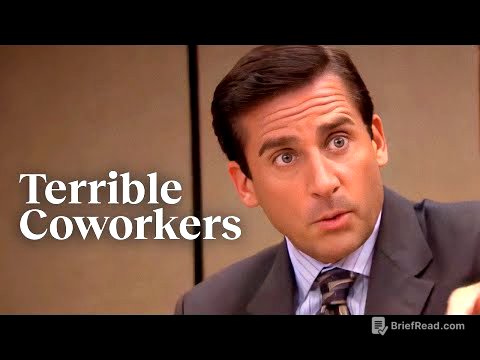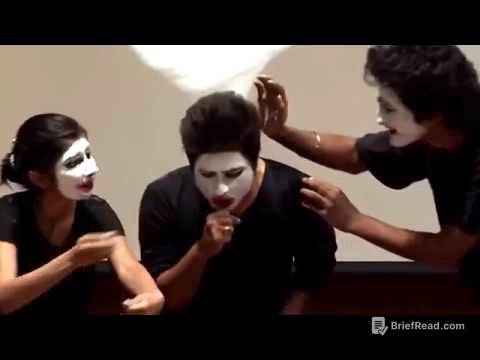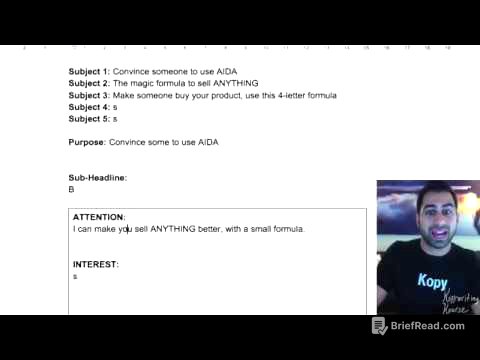TLDR;
Dr. Christina, a first-year orthodontics resident, shares her journey into ortho residency, offering advice and insights for aspiring applicants. She discusses her personal reasons for choosing orthodontics, the application process, selecting programs, interview experiences, and tips for success. Key takeaways include the importance of research, networking, diversifying letters of recommendation, and understanding the financial and emotional investment required.
- Personal story and motivation are important
- Networking and letters of recommendation are key
- Program selection should consider location, cost, and culture
- Interviews can be challenging and require preparation
- Advocacy for the orthodontic profession is essential
Meet Dr Christina [2:37]
Dr. Christina Ponte introduces herself as a PGY1 orthodontics resident at Bronx Care, originally from Rochester, New York. She attended college in Buffalo and dental school at Meharry Medical College in Nashville, Tennessee. She shares her initial experiences settling into New York City and expresses her enthusiasm to share her journey into orthodontics.
Why ORTHO [3:40]
Dr. Christina discusses her reasons for choosing orthodontics. Initially wanting to avoid being narrow-minded, she explored various specialties during dental school. Her personal experience with jaw surgery, requiring two procedures, highlighted the importance of the orthodontic side of treatment. This experience motivated her to support others undergoing similar procedures. She emphasizes the steep learning curve but remains committed to her chosen path.
Application [6:28]
Dr. Christina outlines the key components of an orthodontics residency application, including GRE scores, letters of recommendation, externships, research projects, CV, and GPA. She notes the frustration of applicants due to the lack of a clear formula for success. She emphasizes the importance of conducting research that is personally fulfilling, rather than just trying to impress others. She suggests being creative in finding research opportunities, such as reaching out to faculty at nearby institutions or using LinkedIn to connect with orthodontists. Diversifying letters of recommendation by seeking input from mentors outside one's own institution is also crucial.
Schools/Programs and Why [13:42]
Dr. Christina emphasizes the importance of consulting upperclassmen for advice on program selection. She highlights the significant costs associated with the application cycle and the need to budget accordingly. She applied to 17 schools initially and later added six more after feeling anxious about the lack of interview invitations. Location was a major factor in her decision, as she wanted to return to the Northeast. She also considered the experiences of previous Meharry graduates and sought programs where they had interviewed.
Interviews [18:58]
Dr. Christina recounts unique interview experiences, including one program that delved into personal qualities and childhood experiences. Another program asked her to share her screen and solve a trigonometry problem. She found externships helpful in preparing for interviews, as they allowed her to practice answering in-depth questions and refine her professional attire. She shares an example of a faculty member probing her about how she would handle orthognathic cases with patients who couldn't afford treatment, a question she didn't initially have an answer to.
Rank List and WHY [24:23]
Dr. Christina discusses the process of creating a rank list, noting that her initial top choice ended up being her last. She advises caution when sending thank-you emails, avoiding language that implies a specific ranking. Location, proximity to a major airport, and program cost were significant factors in her decision. She also considered the residents' attitudes and the overall atmosphere of each program. She emphasizes that the final decision must prioritize what works best for the individual.
Tips [30:34]
Dr. Christina reveals that she matched at Bronx Care. She advises applicants to start reading "Profit" to familiarize themselves with orthodontic terminology. She cautions against using generic answers like "population diversity" or "complex cases" when asked why a particular program is of interest. Instead, she recommends developing a personalized answer that reflects genuine feelings and experiences. She also stresses the importance of advocating for the orthodontic profession and pursuing leadership roles. She encourages applicants to connect with her on Instagram for further questions.






![Doctor Reveals: How I Lost 68 lbs When Nothing Else Worked [Not Ozempic]](https://wm-img.halpindev.com/p-briefread_c-10_b-10/urlb/aHR0cDovL2ltZy55b3V0dWJlLmNvbS92aS9wSkFoel9KQUFKZy9ocWRlZmF1bHQuanBn.jpg)


